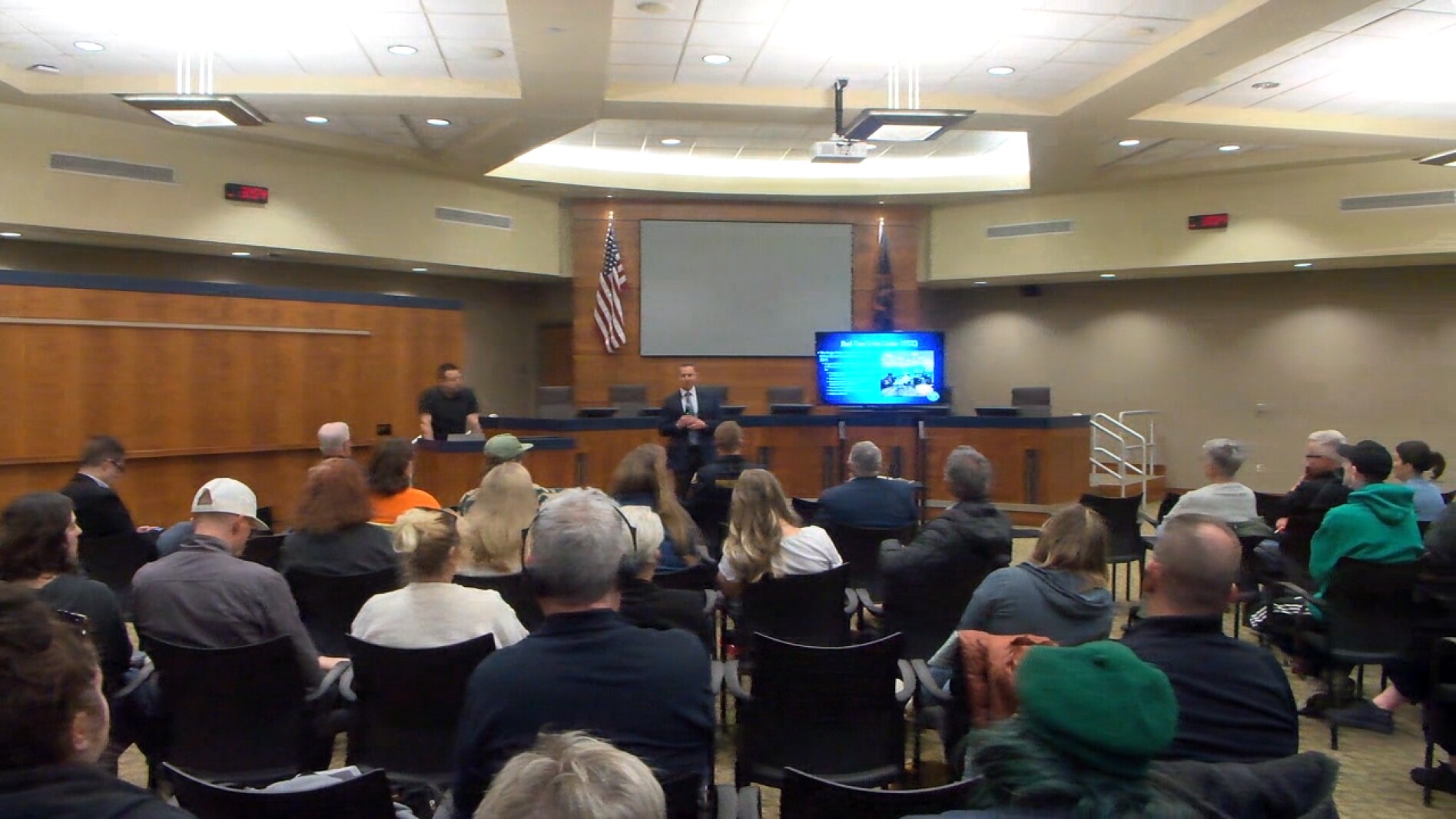Survival Skills: Fargo Entrepreneurs Master Street-Smart Safety Strategies

In a proactive approach to community safety, approximately 24 Fargo businesses gathered for an intensive training session on de-escalation and safety strategies. The comprehensive workshop, held on Wednesday, April 23, was expertly led by local police officers and representatives from the Department of Homeland Security (DHS).
The training aimed to equip business owners and employees with critical skills to handle potentially volatile situations, focusing on techniques that can prevent conflicts from escalating and ensure the safety of both staff and customers. Participants learned practical methods to recognize warning signs, communicate effectively under pressure, and respond to challenging scenarios with calm and professionalism.
By bringing together local businesses and law enforcement, the session underscored the community's commitment to creating a safer, more secure environment for everyone in Fargo. The collaborative approach highlights the importance of preparedness and proactive safety measures in today's dynamic business landscape.
